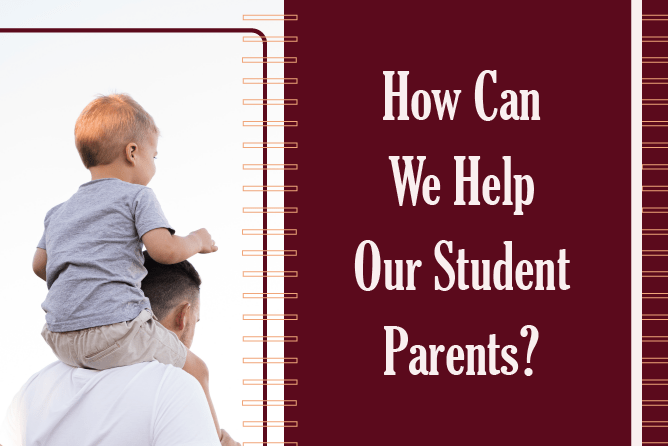Category: News
-
Resources on Trauma-Informed Education
By
|
As a follow-up to Mays Imad’s recent talk on our campus, we invite you to explore the resources below on topics related to employee and student mental health, as well as trauma-informed education in general and some specific teaching strategies that might fall into that category.


